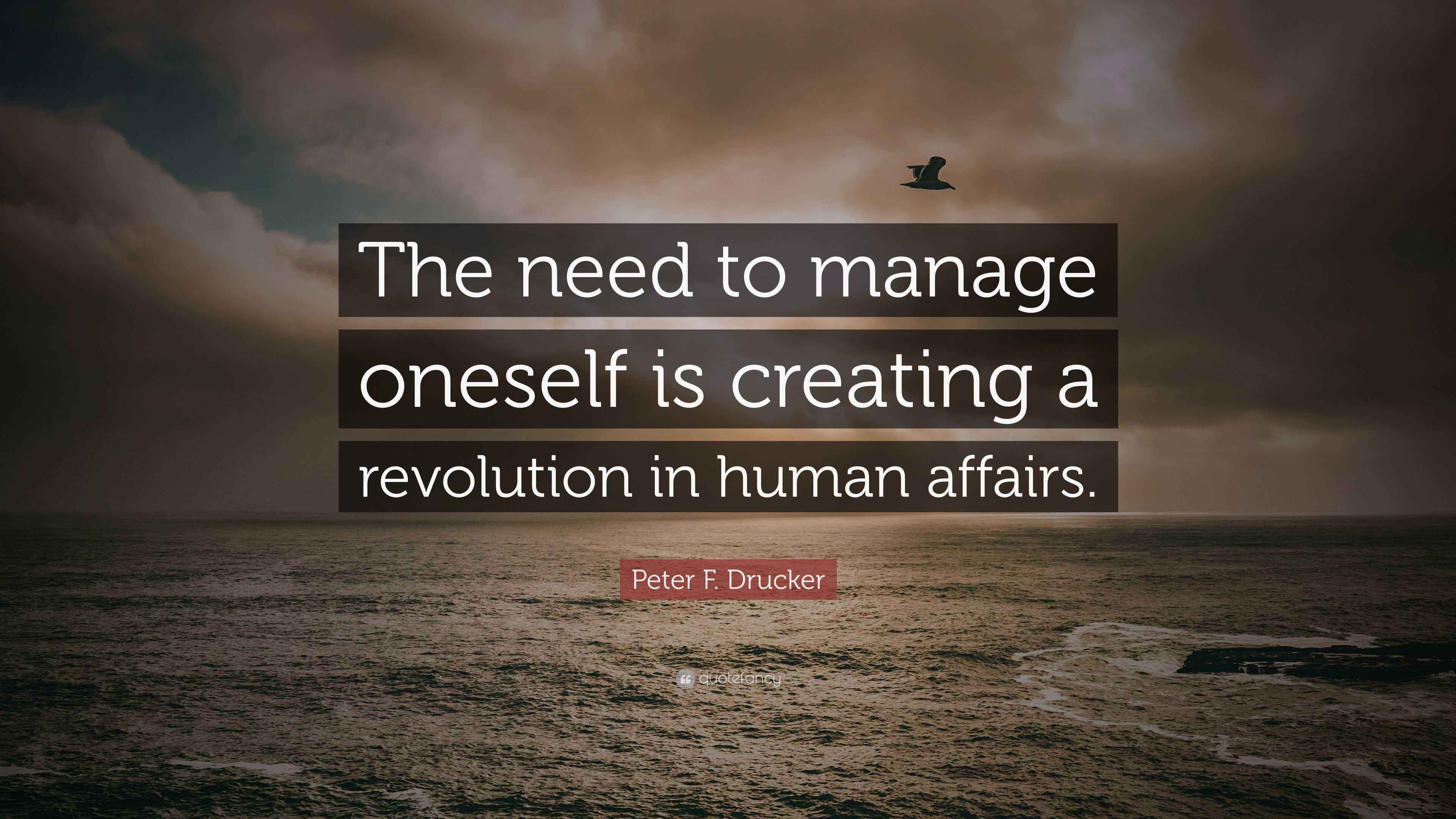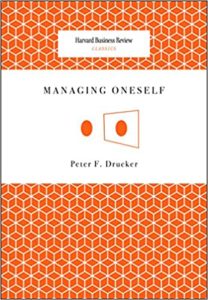

And the only way to do that was to build effective and responsible institutions, including those that by the 1940s were emerging to be the most powerful in the world: big American corporations. “They suddenly exposed the vacuum behind the façade of society.” Looking for a miracle, he added, the masses turned toward the “abracadabra of fascism.”ĭrucker was determined never to let things break down like that again. “These catastrophes broke through the everyday routine which makes men accept existing forms, institutions and tenets as unalterable laws,” Drucker wrote.

The End of Economic Man traced the rise of the Nazis in the aftermath of the Great War and Depression. This was the central theme of the first of the 39 major books that he would publish over the course of his extraordinarily long and productive career. What drove him was trying to create what he termed “a functioning society.”ĭrucker had, after all, seen firsthand what happens when society stops functioning. But he came to his life’s work not because he was interested in business per se. And Drucker did, in fact, advise a host of giant companies (along with nonprofits and government agencies).

Shortly before he died in 2005, Peter Drucker was celebrated by BusinessWeek magazine as “the man who invented management.” Naturally, when most people hear that description, they think of corporate management.


 0 kommentar(er)
0 kommentar(er)
